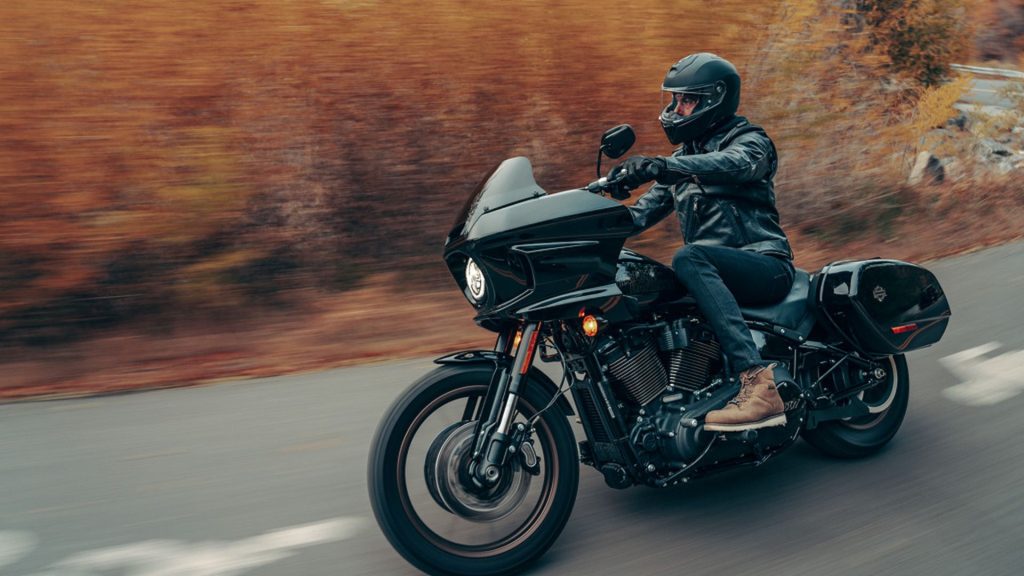

**Top 5 Common Errors to Dodge During a Long-Distance Motorcycle Journey**
Long-distance motorcycle journeys provide a distinct mixture of adventure, liberty, and a bond with the open road. Whether you’re initiating a cross-country expedition or embarking on a multi-day trip, adequate planning and awareness are crucial for a safe and enjoyable journey. Nevertheless, even experienced riders can stumble into frequent traps that may transform an exhilarating adventure into a daunting experience. Here are the five principal mistakes to avoid during a long-distance motorcycle journey—and tips on how to avoid them.
—
### 1. **Ignoring Pre-Ride Motorcycle Care**
One of the most significant mistakes riders commit is neglecting to comprehensively check and service their motorcycle prior to setting off. Long-distance excursions place additional stress on your bike, and a minor flaw can swiftly develop into a serious issue miles away from the nearest mechanic.
**Avoid it by:**
– Verifying tire pressure and tread depth.
– Examining brakes, lights, and fluid levels.
– Confirming your chain or belt is correctly tensioned and lubricated.
– Scheduling a complete service if your bike is due for one.
A well-cared-for motorcycle not only performs optimally but also diminishes the likelihood of breakdowns and accidents.
—
### 2. **Overpacking or Underpacking**
Preparing for a lengthy ride is a logistical challenge. Overpacking can compromise your bike’s maneuverability and fuel efficiency, whereas underpacking could leave you short on critical gear.
**Avoid it by:**
– Creating a checklist of necessities: weather-appropriate clothing, rain gear, tool kit, first-aid kit, and personal items.
– Utilizing saddlebags or luggage systems tailored for motorcycles to evenly distribute weight.
– Opting for lightweight, quick-dry clothing and washing items on the road if necessary.
Keep in mind, every extra pound impacts your ride. Pack wisely, not heavily.
—
### 3. **Disregarding Physical and Mental Exhaustion**
Riding for extended periods can be both physically and mentally draining. Fatigue hampers reaction time, decision-making ability, and overall safety.
**Avoid it by:**
– Taking consistent breaks every 100 miles or 2 hours.
– Staying well-hydrated and consuming light, energy-boosting meals.
– Heeding your body’s signals—if you feel tired, take a break.
– Refraining from riding after dark when visibility and alertness decrease.
Plan your route with attainable daily mileage targets and factor in time for breaks and sightseeing.
—
### 4. **Neglecting to Prepare for Weather and Road Conditions**
Weather can fluctuate dramatically over long distances, and lack of preparation can lead to discomfort or perilous riding situations.
**Avoid it by:**
– Reviewing weather forecasts along your route before and during your journey.
– Bringing the appropriate gear for rain, cold, and heat.
– Being adaptable with your travel plans to steer clear of extreme weather.
– Familiarizing yourself with alternative routes in case of road closures or hazardous conditions.
Investing in high-quality, all-weather riding gear can significantly enhance comfort and safety.
—
### 5. **Not Understanding Your Limits—or Those of Your Bike**
Pushing beyond your skill level or your motorcycle’s abilities can result in accidents or mechanical failures.
**Avoid it by:**
– Selecting a route and pace that correspond to your experience level.
– Practicing riding with a fully loaded bike prior to your journey.
– Being aware of your motorcycle’s fuel capacity and performance restrictions.
– Steering clear of risky maneuvers or excessive speeds, particularly on unfamiliar roads.
Confidence is vital, but overconfidence can be perilous. Ride within your limits and honor your machine.
—
### Final Thoughts
A long-distance motorcycle journey can be one of the most fulfilling experiences for any rider. By steering clear of these typical blunders—overlooking maintenance, inadequate packing, disregarding fatigue, poor weather planning, and overestimating your limits—you’ll prepare yourself for a safer, smoother, and more enjoyable experience.
Preparation, awareness, and flexibility are your finest allies on the open road. Ride safely, and relish the adventure.






